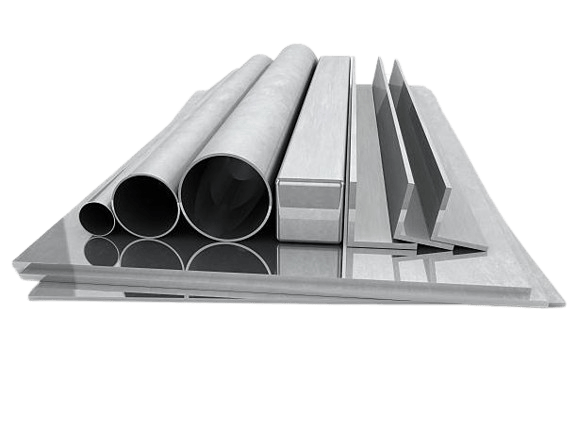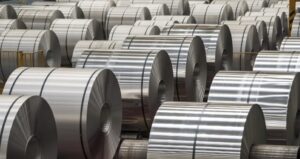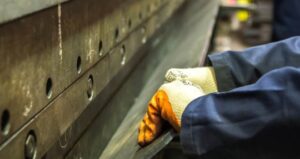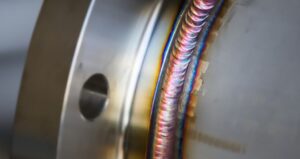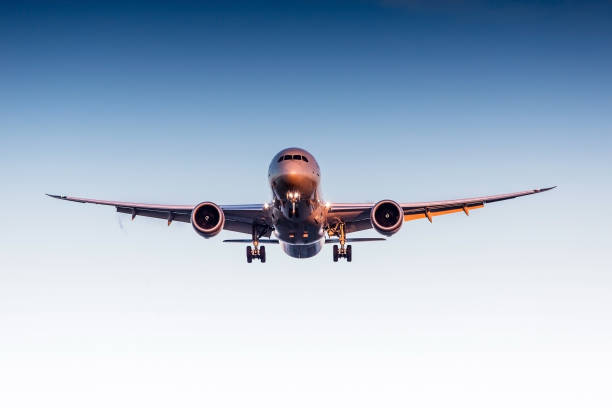
Aerospace-grade aluminum refers to aluminum alloys that are specifically designed and manufactured to meet the stringent requirements of the aerospace industry. These alloys undergo rigorous testing and quality control processes to ensure their suitability for use in aircraft and spacecraft applications. Aerospace-grade aluminum offers a combination of properties such as lightweightness, high strength, excellent corrosion resistance, and good formability, making it ideal for use in various aerospace components.
Characteristics of Aerospace Aluminum
Aerospace aluminum alloys are specifically designed to meet the stringent requirements of the aerospace industry. They possess unique properties such as low density, high strength, excellent formability, and enhanced corrosion resistance.
It goes through specialized manufacturing processes to enhance its mechanical properties and performance. These processes may include heat treatment, cold working, and precision machining to achieve the desired strength, ductility, and dimensional accuracy. Additionally, stringent material composition and quality control standards are followed to ensure consistency and reliability of the aluminum alloys used in aerospace applications.
Manufacturing Processes:
The manufacturing of airplane aluminum involves a series of steps, including casting, extrusion, forging, and heat treatment. To enhance the corrosion resistance and surface finish of aerospace aluminum components, various surface treatment processes are employed. These may include anodizing, chemical conversion coating, and protective coatings. Surface treatments improve the aesthetic appearance, durability, and resistance to environmental factors like corrosion and wear. These processes ensure the material is formed into the desired shape, optimized for strength and performance. Advanced techniques, such as additive manufacturing, are also emerging, enabling the production of complex aluminum components with reduced waste and enhanced design flexibility.
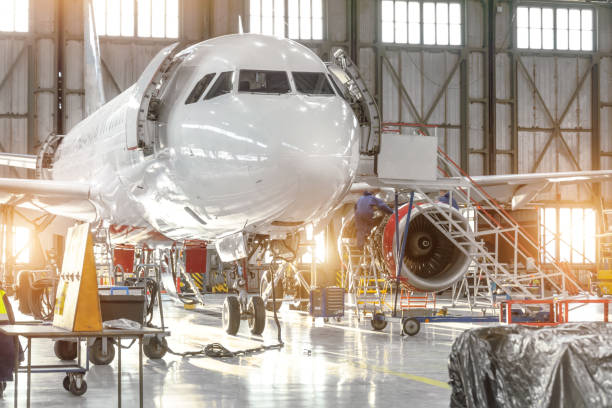
Aluminum vs. Other Materials
Compared to other materials, airplane aluminum offers distinct advantages. It surpasses steel in terms of weight savings, making it a preferred choice for reducing aircraft mass. Furthermore, aluminum exhibits superior corrosion resistance compared to traditional materials like magnesium. While composites are gaining popularity, aluminum remains an essential material due to its proven track record, cost-effectiveness, and recyclability.
Aerospace Aluminum Alloys Types
It goes through specialized manufacturing processes to enhance its mechanical properties and performance. Commonly used alloys include the 2000, 6000, and 7000 series. Each series possesses unique characteristics, such as high strength, toughness, or heat resistance, allowing for tailored applications in different parts of an aircraft, including fuselage, wings, landing gear, and engine components.
2024 Aluminum Alloy:
2024 aluminum alloy is a high-strength, heat-treatable alloy that contains copper as its primary alloying element. It offers excellent fatigue resistance, good machinability, and fair corrosion resistance. This alloy is commonly used in aircraft structures, including fuselages, wings, and structural components.
7075 Aluminum Alloy:
7075 aluminum offers exceptional strength-to-weight ratio and good fatigue resistance. It contains zinc as its primary alloying element and is often used in aerospace applications that require high strength, such as aircraft wing spars, landing gear, and structural components subjected to high stress.
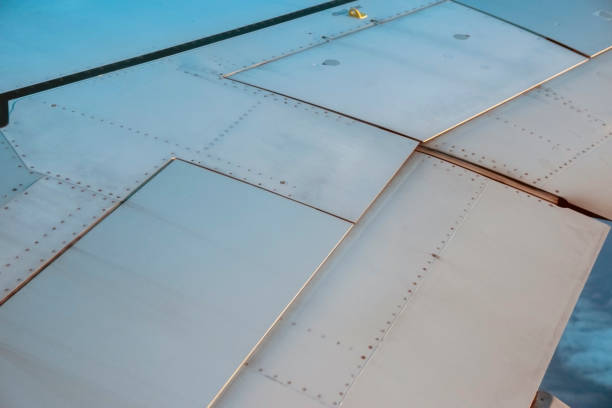
Advantages of Airplane Aluminum
The use of aerospace aluminum offers numerous advantages. Its lightweight nature contributes to fuel efficiency, reducing operational costs and environmental impact. Additionally, aluminum’s high strength-to-weight ratio enhances structural integrity, allowing for increased payload capacity and improved performance. Moreover, its corrosion-resistant properties ensure the longevity and reliability of aircraft in harsh operating environments.
Aerospace aluminum has been an indispensable material in the advancement of aviation and space exploration. Its remarkable combination of lightweightness, high strength, corrosion resistance, formability, and thermal properties has revolutionized aircraft design, performance, and safety. With ongoing advancements in aluminum alloy technology, including the adoption of aluminum-lithium alloys and composite materials, the aerospace industry is poised to achieve even greater milestones in efficiency, sustainability, and overall capabilities. As we look to the future, aerospace aluminum will continue to play a pivotal role in shaping the next generation of aircraft and space vehicles.

